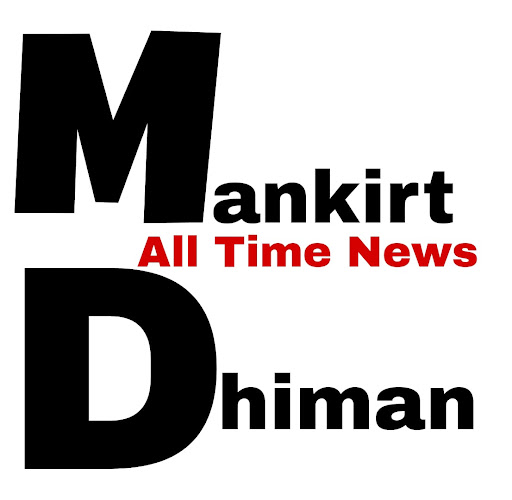Manuscripts restored in Jerusalem to keep Palestinian records
Jerusalem. At the Khalidi Library in East Jerusalem, the a part of the town occupied and annexed by means of Israel, Rami Salameh painstakingly restores Palestinian historic documents that provide unique insight into the place’s records.
“Among the manuscripts there are various subjects inclusive of legal texts, astronomy, a biography of Mohammed and the Koran,” explains the Italian-trained professional, who cautiously works with a broom on an Arabic grammar text, inside the small workshop in which he works alone. .
When he realizes that it is not vital to treat the bicentennial report that he is protecting in his fingers, so as to eliminate its colour from oxidation over the years, Salameh sighs evenly.
Over the beyond two and a 1/2 years he has restored a few 1,200 pages of a dozen manuscripts belonging to Palestinian personal libraries from the Ottoman duration, some two hundred-three hundred years old.
Most of it comes from the Khalidi Library, which holds the biggest collection of Arabic and Islamic manuscripts in the Palestinian territories.
It also homes works in Persian, German or French, together with an outstanding series of books by means of Victor Hugo.
The library become based in 1900 via Raghib al-Khalidi, a Palestinian first rate who studied on the Sorbonne in Paris, at the request of his late mother, Khadija. It is located at the entrance to the Al-Aqsa Mosque complex, in the middle of the Old City of Jerusalem.
From the principle building, which overlooks the holy Jewish website of the Wailing Wall, Muslim warring parties reportedly participated in the liberation of Jerusalem from the Crusaders in the twelfth and thirteenth centuries.
Keeper of memory
The library’s series has books, correspondence, decrees from the Ottoman Empire and memoirs, including those of the influential Khalidi family, offering insight into life within the holy city. The oldest of the manuscripts is from the tenth century.
“We have manuscripts that address the cultural and social repute of the population of Jerusalem, and it's miles an indication of the Palestinian presence here for hundreds of years,” says Khader Salameh, librarian in fee of the collection and father of the curator of the established order.
“The contents of the library refute the Zionists’ declare that this u . S . A . Turned into empty,” provides Salameh, relating to a speech through Zionist leaders earlier than the introduction of the State of Israel.
Since the Old City was occupied and annexed by Israel at some point of the Six-Day War in 1967, Palestinian households and establishments in East Jerusalem have once in a while confronted expulsions, considered unlawful through the UN and the global network.
A a part of the library changed into expropriated by way of the Israeli government to construct a Jewish religious school there, laments the librarian.
The library management had a long felony conflict to oppose this choice, but misplaced the system and turned into not able to save you the Israeli authorities from seizing that part of the status quo.
However, Khader stresses that the situation might have been worse if the entire building had been seized, and he's pleased to have obtained the support of Israeli intellectuals who testified on his behalf in court docket.
Touchy documents
Since that episode, the library maintains its dedication to preserve Jerusalem’s Arab cultural historical past via its recuperation and digitization paintings, with the support of local and international corporations.
“We paintings at the documents with brilliant precision without exposing the paper to light, because the manuscripts are very delicate and we need to keep them for so long as possible,” says Shaimaa al-Budeiri, head of virtual documents, from her office, surrounded through loads of of books and materials.
She cleans the pages before putting them to be photographed and uploaded to her pc. So a long way, she has photographed some 2.5 million pages of manuscripts, diaries, special books and different files coming from Jerusalem libraries.
Digitization is essential, she says, so that researchers can get right of entry to library archives remotely.
Budeiri does this workout of love for books.
“If someone mishandles a ebook, I even have the influence that the e-book suffers. The e-book offers us many stuff and takes not anything faraway from us,” she concludes.


.jpg)
No comments
Note: Only a member of this blog may post a comment.